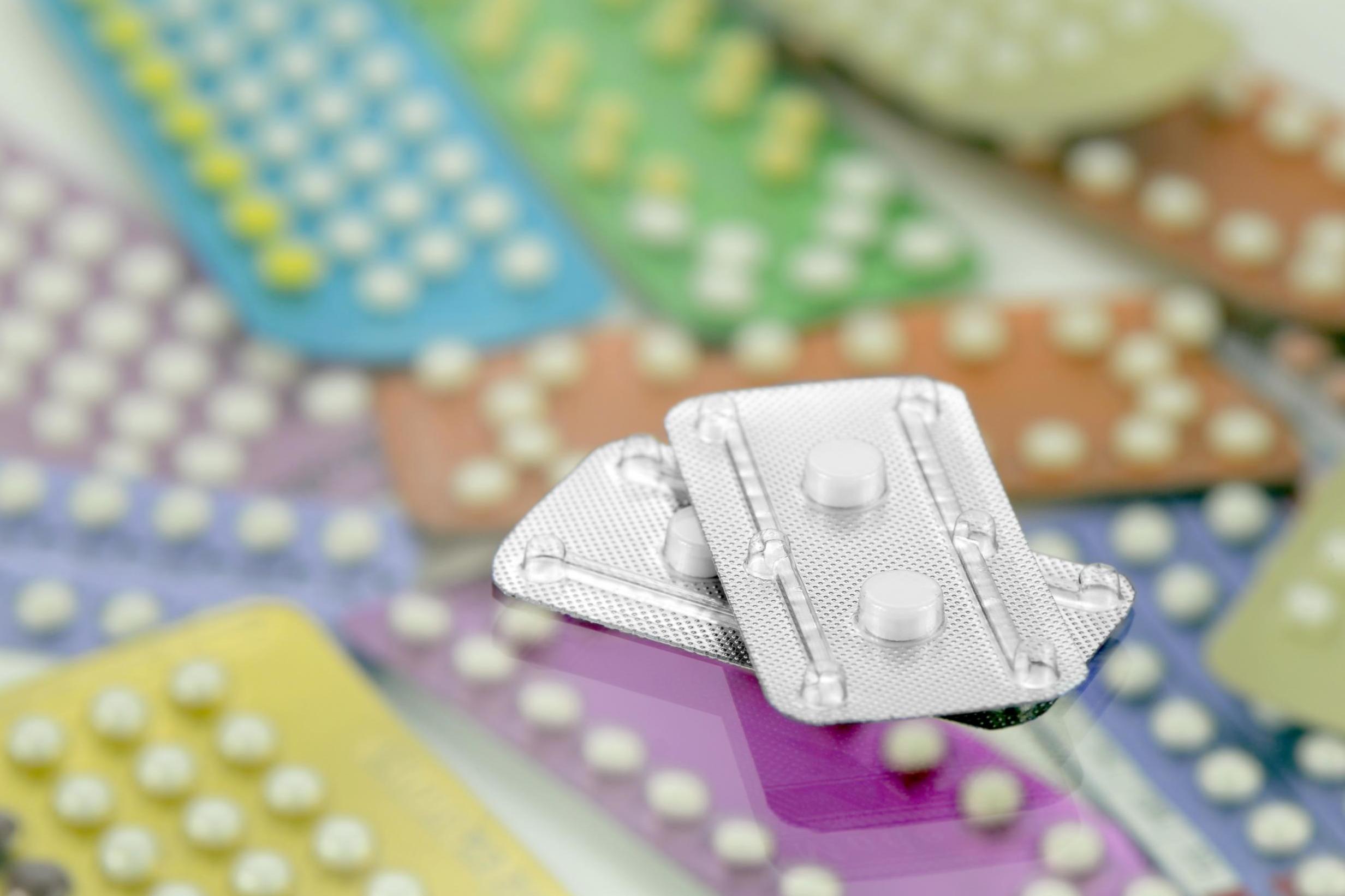The NHS drugs price rip-off shows us why the ‘free market’ in pharmaceuticals is a myth
In the UK there is a voluntary agreement between the NHS and the pharmaceutical industry to govern the prices of certain key drugs


Extortionate hikes in drugs prices make for powerful headlines, as the Competition and Markets Authority’s provisional ruling against the Canadian pharmaceuticals company Concordia for overcharging the National Health Service millions of pounds for a thyroid drug shows. And memories are still fresh of the notorious American financier Martin Shkreli, who jacked up the price of a life-saving anti-parasitic drug called Daraprim by 5,000 per cent after acquiring its marketing rights.
But aren’t such prices the outcome of a sophisticated global market in pharmaceuticals? And don’t all economics textbooks teach us that if governments interfere in a free market, no matter how unfair some of the outcomes might appear, everyone is ultimately made worse off?
Shouldn’t politicians and regulators shut up and get out of the way? Such “free market” arguments are frequently faulty, but perhaps never more so than when it comes to the behaviour of pharmaceuticals firms.
The profits of drugs companies flow from their patents, their exclusive rights to sell the drugs they have developed or acquired. But how long should those patents, those monopoly sale privileges, last? For how long should a firm be permitted to profit from a branded drug before the patent expires and other companies are allowed to manufacture cheap generic rival versions?
For ever? Even the most ideologically blinkered free market enthusiasts might see the problem in that. Ten years? Fifteen years? How about two years? And at what price should the company be permitted to sell those drugs while it enjoys the exclusive sales licence? Bear in mind that the marginal costs of production for a drug will generally be negligible and that the research and development costs will vary wildly from product to product.
The truth is that there is no right or wrong answer to these questions. There is no economic theory that tells us what the optimum patent duration or permitted sales price of drugs should be to incentivise private investment.
The length of patents set by states is often between 10 and 20 years. But there’s nothing scientifically determinate about such choices. And countries are within their rights not to grant patents if they feel the social costs outweigh the benefits, as India did when it dismissed the request of the Swiss multinational Novartis to patent the cancer drug Glivec in the country in 2013.
As for drug prices, they are often informally regulated. As the Cambridge University economist Ha Joon-Chang puts it, the profits of pharmaceutical companies are, in a sense, “social creations”.
In the UK there is a voluntary agreement between the NHS and the pharmaceutical industry to govern the prices of certain key drugs. We saw this in action last week when the UK health authorities successfully negotiated a lower fee on two breast cancer drugs with their manufacturers, Pfizer and Novartis.
Yet given the critical commercial importance of state regulatory approval for all drugs and the inevitable fact that this process can impede competitive forces there’s also a strong social expectation about how companies should price drugs outside of such agreements, even when the drugs are out of patent. Concordia ignored these expectations when it jacked up the price of out-of-patent liothyronine tablets from 16p a pill in 2007 to £9.22 a pill today. Shkreli ignored the US equivalent when he nakedly gouged US patients on Daraprim by raising the price from $13.50 to $750 a pill.
Pharmaceuticals are a big global business. The estimated value of the international prescription drugs market was $800bn (£600bn) in 2016. Pfizer and Novartis, each have a market capitalisation north of $200bn. The wider sector invested almost $90bn in the research and development of new products last year.
Yet the reality is that pharmaceuticals firms – large and small – are in an informal and delicate economic partnership with the state sector in all the countries in which they operate and sell their medicines. The partnership is based on mutual understandings of acceptable behaviour. When pharma companies (and their financier owners) fail to observe the rules of that partnership, or attempt to deny its existence, they fully deserve the backlash they get.
Join our commenting forum
Join thought-provoking conversations, follow other Independent readers and see their replies
Comments
Bookmark popover
Removed from bookmarks